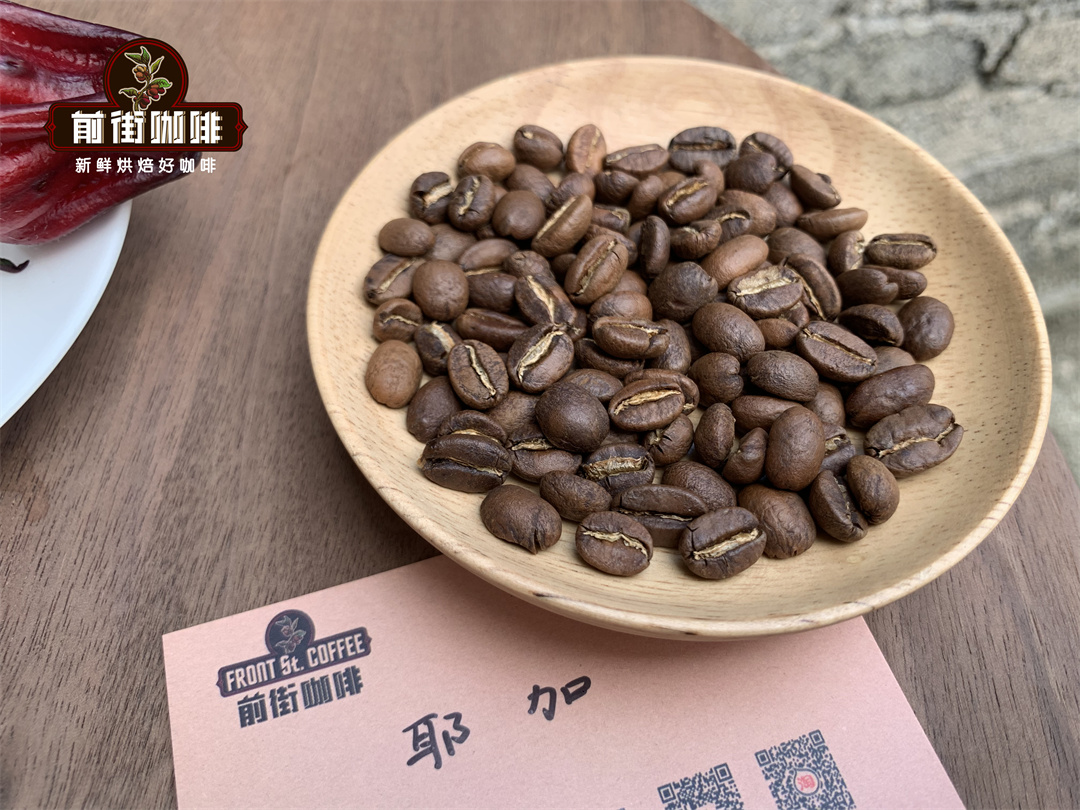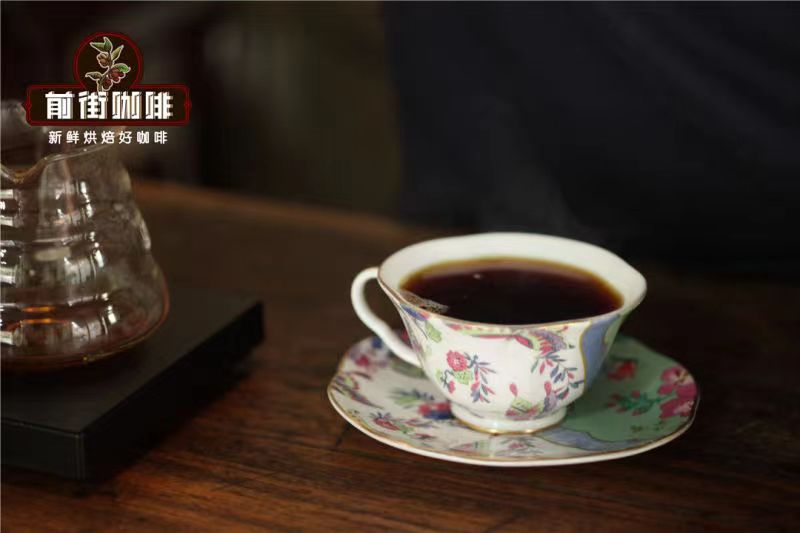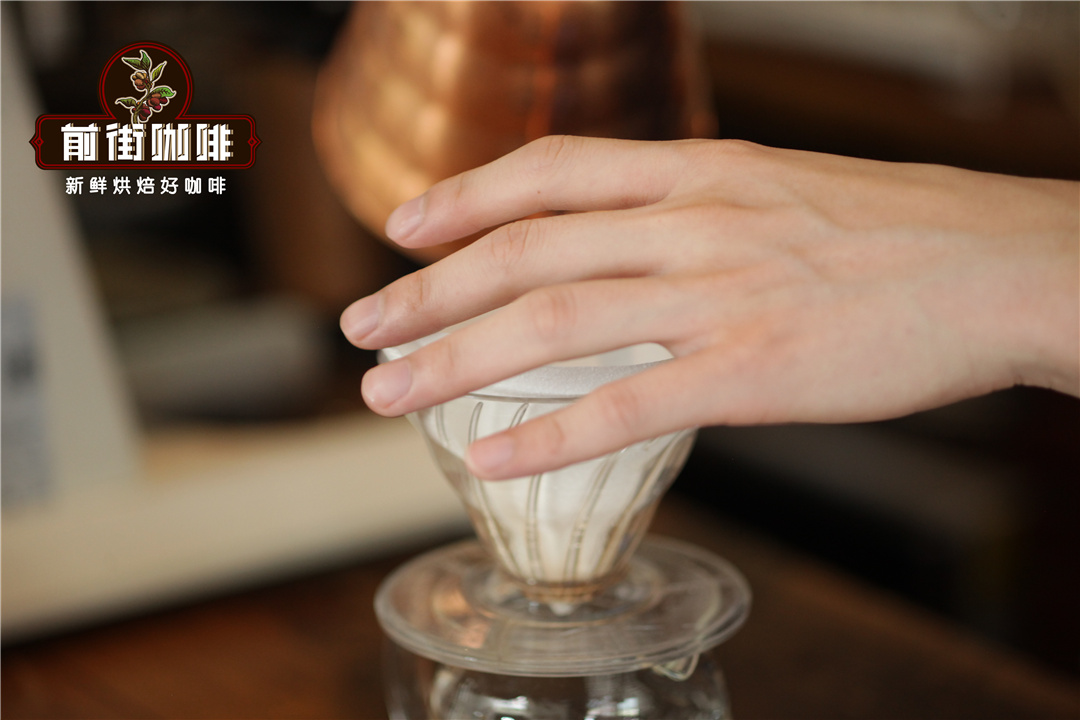Is the coffee sour or not sour? the lighter the roasting, the better the quality?
We often hear guests ask: "I want non-sour coffee", or "I want non-bitter coffee", so what is the cause of sour coffee and non-sour coffee?
The coffee industry around the world has reached a state of extreme fanaticism in the past two years as coffee online celebrity shops and chains have sprung up all over the street. More and more people love to drink coffee, and more and more people are involved in the coffee industry. on the other hand, consumers have more and more requirements and expectations for the quality of coffee.
I often hear guests ask: "I want non-sour coffee", or "I want non-bitter coffee". They always have their own opinions and preferences for coffee. Some friends will emphasize that "coffee must be sour is good coffee" when introducing coffee to others. But does coffee really have to be sour to be good? Maybe this is only half right. In fact, coffee has the difference between sour and non-sour.

In fact, all coffee beans themselves have a certain acid value, but with different degrees of strength. Acidity is mainly affected by several factors:
Place of Origin
Coffee cherry itself is a kind of fruit, as long as it is a fruit, it must be sour to tears if it is picked and bitten at the stage of its growth, and the sweetness will gradually come into being with the different ripening stages. But the coffee bean itself is only the seed of the coffee fruit, similar to the core of mango and longan, so the coffee bean is not born with the acid value of the fruit. People who have eaten raw coffee and raw beans naturally know that before roasting, coffee beans are more similar to the plant smell of peas and almonds, and the sour taste of coffee is mostly formed in the roasting process. According to the soil properties and climate of different producing areas, the acid quality of the final roasted coffee beans will be very different.
Variety
Different varieties of coffee beans can also affect the acidity of coffee. According to the general classification, coffee is mainly divided into three branches: Arabica, Robusta and Liberia, of which the former two are better known. Arabica coffee beans are subdivided into numerous varieties, and we will have the opportunity to introduce the differences of each kind of coffee beans in detail later.
Treatment method
The main methods of raw bean treatment can be divided into water washing method, sun treatment method and honey treatment method, and other more diversified special treatment methods have been developed in recent years. Among the three mainstream treatment methods, the acid quality of raw beans harvested in the same area is relatively bright and the flavor is relatively clear, while those treated by sunlight are relatively round and intense. therefore, the post-processing method of coffee fruit has a direct effect on the acid quality of raw beans.
Baking degree
With the increase of roasting time and the deepening of roasting degree, the acidity of coffee beans will be gradually decomposed when they reach their peak, and will be gradually replaced by transformed sugars, caramelization and so-called bitterness. therefore, the acidity of light roasted coffee is less, and it will be stronger than that of medium and deep roasted coffee.
Whether the coffee is sour or not is not absolutely equated with the quality. The same bag of top coffee beans, shallow baked, with sour taste, baked deeper is not very sour taste.
The reason why there is the saying that "sour coffee represents good coffee" is because if you want to show a better and more delicate aroma under shallow roasting, it is not necessarily bad for coffee that is not sour. The roaster will still adjust the baking depth of each bean according to its due characteristics, in order to show the sour, sweet and bitter depth of this coffee, perhaps a very high-end coffee bean. Instead, it happens to use a medium-deep baking degree that is not sour (for example, Jamaica Blue Mountain Coffee NO.1! ), in order to give play to its characteristics!
Important Notice :
前街咖啡 FrontStreet Coffee has moved to new addredd:
FrontStreet Coffee Address: 315,Donghua East Road,GuangZhou
Tel:020 38364473
- Prev

Kenyan unique varieties SL28, SL34 flavor citrus black plum similar flavor is iron pickup pedigree
Kenya is an important producer of boutique coffee in East Africa. Most of the country's population is engaged in the coffee industry, mostly in the form of a combination of small farmers and cooperatives. Coffee trees in Kenya are mostly planted at high altitudes. There are many producing areas in Kenya that strive to preserve the native forest ecosystem, protect the natural gene pool and support wild coffee.
- Next

What quality and grade of Kenyan coffee is suitable for sun-tanned MH and ML?
Kenyan boutique coffee is harvested twice a year, the first between April and June, sometimes in July, and the second from October to December, sometimes in January of the following year. The exact start and end time of the harvest period depends on the producing area, the weather of the year and the elevation of the garden. Because of the harvest twice a year,
Related
- What brand of black coffee is the most authentic and delicious? what are the characteristics of the flavor of the authentic Rose Summer Black Coffee?
- Introduction to the principle and characteristics of the correct use of mocha pot A detailed course of mocha pot brewing coffee is described in five steps.
- Which is better, decaf or regular coffee? how is decaf made?
- How much is a bag of four cat coffee?
- How about four Cat Coffee or Nestle Coffee? why is it a cheap scam?
- Which is better, Yunnan four Cats Coffee or Nestle Coffee? How about cat coffee? is it a fake scam? why is it so cheap?
- How about Cat Coffee? what grade is a hoax? which instant coffee tastes better, four Cat Coffee, Nestle Coffee or G7 coffee?
- Process flow chart of coffee making-Starbucks coffee making process what coffee tastes good at Starbucks
- The top ten best coffee beans in the world Rose summer coffee or Tanzanian coffee tastes good
- Yunnan four cat coffee is good to drink?_four cat coffee is a big brand? four cat blue mountain coffee is fake?

